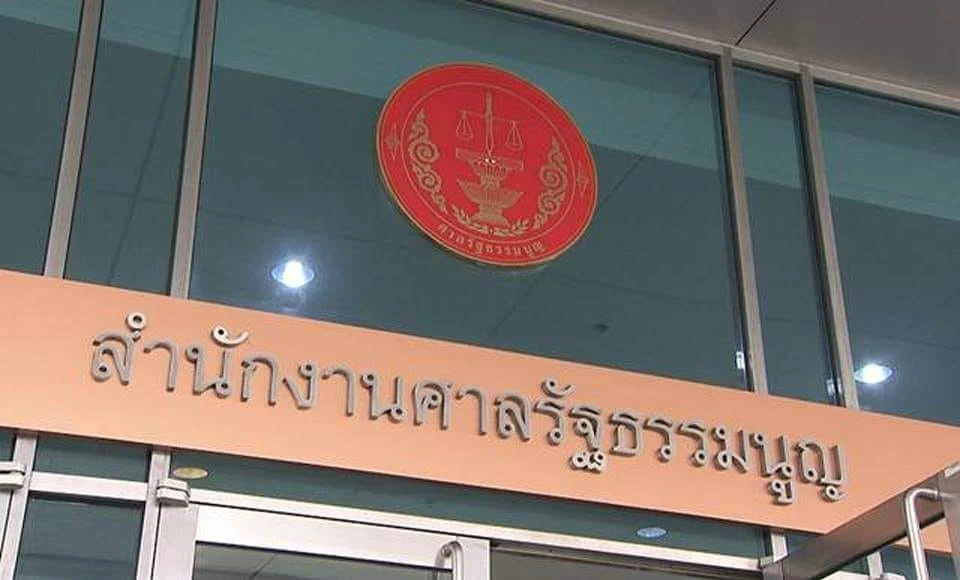Court’s ruling: MoU-tain of evidence favours Thai-Cambodian deal

The Constitutional Court dismissed a petition challenging the legality of the 2001 Thai-Cambodian memorandum of understanding (MoU) on joint development in the Gulf of Thailand. The petition, submitted by Deputy Palang Pracharath Party leader Paiboon Nititawan, claimed that the MoU had not been approved by Parliament before its signing.
Paiboon argued that the MoU, used by the Department of Treaties and Legal Affairs and the Ministry of Foreign Affairs to negotiate maritime interests with Cambodia, violated his constitutional rights under sections 3, 25, and 43. He requested the court to halt the use of the MoU.
The court ruled that the evidence presented by the Department of Treaties and Legal Affairs indicated that the matter was related to the state’s duties as outlined in Chapter 5 of the Constitution. The judges found no proof that Paiboon’s rights had been infringed upon by the actions of the Department of Treaties and Legal Affairs and the Ministry of Foreign Affairs.
“The claim was merely Paiboon’s personal opinion about the legality of the MoU,” stated the judges.
The petition was dismissed by a 6:3 vote, with judges Nakharin Mektrairat, Panya Udchachon, Udom Sittiwirattham, Wiroon Saengthian, Banjong Wongprat, and Udom Rathamarit forming the majority. The court determined that the petition did not meet the criteria outlined in Section 46 of the law on court procedures.
Paiboon submitted the petition in mid-June after the Ombudsman did not forward his request for court intervention within the 60-day deadline.
He claimed that despite acknowledging the lack of parliamentary approval, the department and the ministry continued to use the MoU as a reference for agreements regarding the 26,000 square kilometres of territorial waters in the Gulf of Thailand, over which Thailand has sovereignty.
Foreign Minister Maris Sangiampongsa defended the MoU, stating that it was not a treaty and contained no obligatory clauses. Maris asserted that the two governments had not made any binding agreements under the MoU, reported Bangkok Post.
“The MoU does nothing to compromise Thailand’s sovereignty over the overlapping claims area (OCA) on Koh Kood in the border province of Trat.”
Latest Thailand News
Follow The Thaiger on Google News:


























